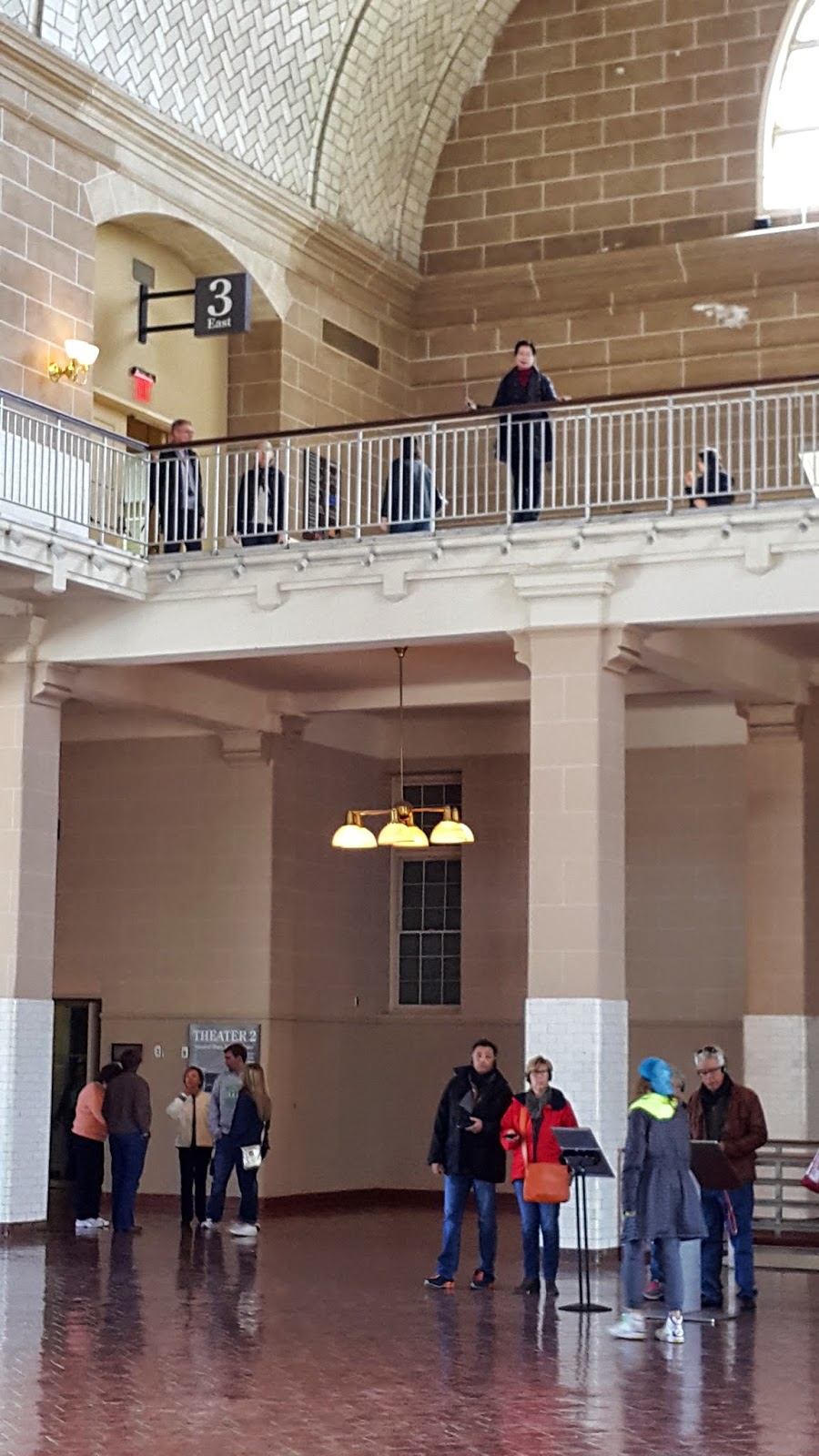I treasure everyone of the gifts I receive as I appreciate the
thoughtfulness of the giver. But frankly, most of them are now in the drawers,
where they may stay put until forgotten. However, there is a gift that will never leave my mind as I make use
of it practically every single day of the year. It is the Biblical Liturgical
Diary named "365 days with the Lord".
I got the first one in the year 2013. Immediately, I was captivated
by the layout and content. On each page there is the Bible passage chosen for
the daily Mass. What follows is a reflection on it, guiding the user to meditate
on and be inspired by the verses. Space is also provided for the user to write
a few lines about his thought provoked by a key question. Since then the
Liturgical Diary has helped me make daily prayer a habit, which I think, is a great
enhancement to my faith.
Previously, I had but scanty prayer moments. When I did pray, it was
only a brief communication of my thoughts initiated by incidents of my daily
life. I said prayers of thanks for my blessings and prayed for my own needs as
well as the needs of those I cared about. I did not forget to pray for important
world issues, of course. The problem, however, was that it was somehow a
one-way communication with me doing the main part of the talking. I was hardly
aware of God’s presence, let alone listening to Him.
With the help of the Liturgical Diary, my prayer is no longer seen
as an obligation to abide by unenthusiastically. I read the Bible passage aloud
two or three times and then spend a few silent moments pondering, focusing on
one or two phrases, by which I hope to be inspired. Next I proceed to the
reflection, marveling at how it coincides with my thinking or feeling amazed at
the inspiration that I have overlooked. This is no monologue. Instead, it is
a form of communication with God, getting to know what He expects from me and feeling His
attention to the problems I confide in Him about. The prayerful start of the
day somehow brings peace amidst the chaos of our lives.
I have just got the one for the year 2016. It is more attractive
with the addition of quotations of Pope Francis. On the first few pages is a comprehensive
explanation of the Extraordinary Jubilee Year of Mercy based on materials from
the Holy See. I just can’t wait to start using it on New Year Day.





































